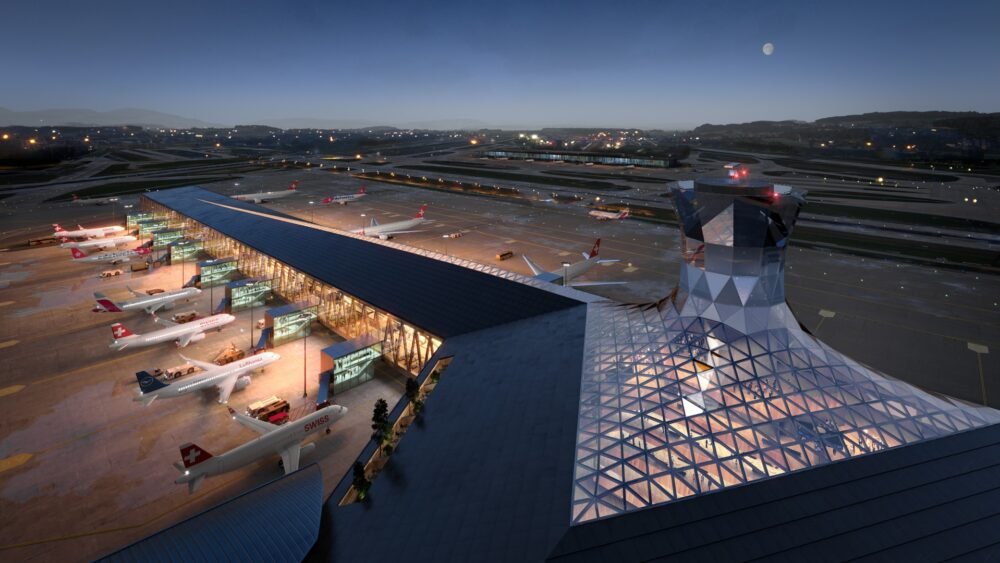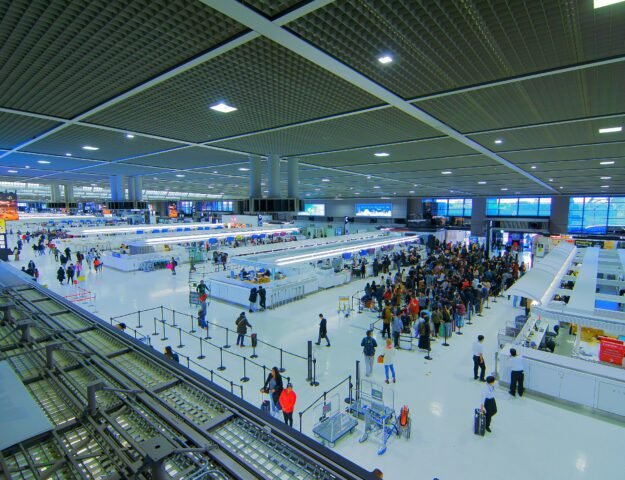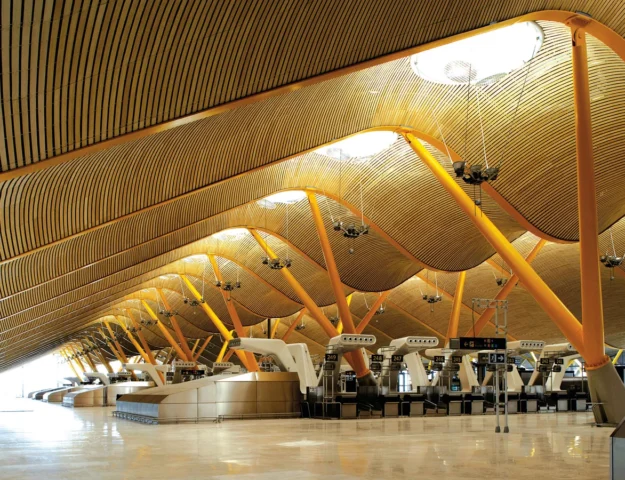Airports are the gateways to the world, connecting people, cultures, and economies. Among the many remarkable airports across the globe, Zurich Airport (also known as Flughafen Zürich) stands as an exemplar of excellence in the aviation industry. Situated in the heart of Switzerland, this international airport has earned a reputation for its efficiency, innovation, and sustainable practices. In this blog, we will explore the rich history, operational excellence, technological advancements, environmental initiatives, and future expansion plans of Zurich Airport, demonstrating how it has become a beacon of success in the aviation industry.
A Storied History
Zurich Airport has a fascinating history that dates back to its inception in 1948. Originally known as Flughafen Zürich and Flughafen Zürich AG, it was initially established as a maintenance base for military aircraft. Over time, Zurich Airport evolved into a commercial hub, opening its doors to the public in 1953. Since then, the airport has experienced significant growth, transforming into a vital international hub that connects Europe to the rest of the world.
The rich history of Zurich Airport is a testament to the airport’s ability to adapt and expand to meet the growing demands of the aviation industry. From its humble beginnings, it has continuously enhanced its facilities and services to become one of the leading airports in Europe.
Location and Significance
Strategically located in the north of Switzerland, in the Canton of Zurich, Zurich Airport is at the crossroads of Europe. This prime location places it at the heart of business and tourism, making it an important transit point for both leisure and business travelers. With its proximity to Zurich’s bustling financial hub and the picturesque Swiss Alps, the airport serves as a gateway to both corporate and tourist destinations.
Beyond Switzerland, Zurich Airport plays a crucial role in connecting Europe to global destinations with its extensive network of international and intercontinental flights. This connectivity significantly contributes to Switzerland’s economy, facilitating trade, commerce, tourism, and enhancing the nation’s global presence.
Operational Excellence
One of Zurich Airport’s most striking features is its operational excellence. The airport has consistently ranked among the top airports worldwide for efficiency, punctuality, and passenger experience. This is evident through several key factors:
• Punctuality: Zurich Airport boasts an impressive record for punctuality, with its on-time performance serving as a testament to the airport’s well-organized systems and commitment to ensuring a smooth and efficient travel experience.
• Passenger Services: The airport is renowned for its comprehensive range of passenger services, from seamless baggage handling to efficient immigration procedures, ensuring a hassle-free journey for travelers.
• State-of-the-Art Infrastructure: Zurich Airport continually invests in modern infrastructure to accommodate the growing number of passengers. Its world-class terminals, gates, and runways are equipped with advanced technology to enhance the travel experience.
• Security Measures: The airport prioritizes security, implementing advanced measures to ensure passenger safety while maintaining operational integrity.
Technological Advancements
Zurich Airport has always been at the forefront of adopting and implementing technological innovations in the aviation industry. These advancements not only improve passenger experience but also enhance the airport’s efficiency and sustainability:
• Automated Check-In and Baggage Handling: Zurich Airport introduced self-check-in kiosks and automated baggage handling systems, reducing waiting times and improving the overall passenger experience.
• Biometric Technology: The airport has embraced biometric technology for passenger authentication during boarding, making the process faster and more secure.
• Data Analytics: By utilizing data analytics, Zurich Airport predicts passenger flows and adjusts its operations accordingly, optimizing resource allocation.
• Environmental Monitoring: Technology is also used to monitor and reduce the airport’s environmental footprint, such as tracking aircraft noise and emissions in line with its sustainability efforts.
Environmental Initiatives
In recent years, the aviation industry has faced increasing scrutiny over its environmental impact. Zurich Airport has risen to this challenge by implementing a range of eco-friendly initiatives aimed at reducing its environmental footprint and promoting sustainability:
• Carbon-Neutral Operations: Zurich Airport has committed to achieving carbon-neutral operations through investments in renewable energy sources, electrified ground transportation, and energy-efficient infrastructure.
• Noise Abatement Measures: The airport actively engages with local communities to mitigate noise pollution through curfew hours and noise reduction technologies.
• Sustainable Ground Transportation: Zurich Airport encourages the use of electric vehicles and public transportation to reduce the carbon footprint of passenger travel.
• Biodiversity Conservation: The airport also takes steps to protect local flora and fauna through habitat management and conservation projects.
Future Expansion
As air travel continues to grow, Zurich Airport is planning for future expansion. Several projects are underway to accommodate the increasing number of passengers and aircraft, including:
• Additional Runway Capacity: To meet the demand for more flights, Zurich Airport is working on expanding its runway infrastructure.
• Terminal Enhancements: The airport is upgrading its terminals to provide a better passenger experience and improve operational efficiency.
• Improved Ground Transportation Links: Future plans include further development of ground transportation options to connect passengers more seamlessly with the airport.
Conclusion
Zurich Airport is not just a transportation hub; it is a symbol of Swiss precision, innovation, and environmental stewardship. Its rich history, operational excellence, technological advancements, and dedication to sustainability make it one of the most remarkable airports in the world. As air travel continues to evolve, Zurich Airport stands as a global example of what is possible when an aviation hub combines its legacy with a commitment to meeting the ever-evolving needs of travelers, all while safeguarding the environment.
Zurich Airport is set to continue serving as a shining beacon of excellence in the aviation industry for years to come.





